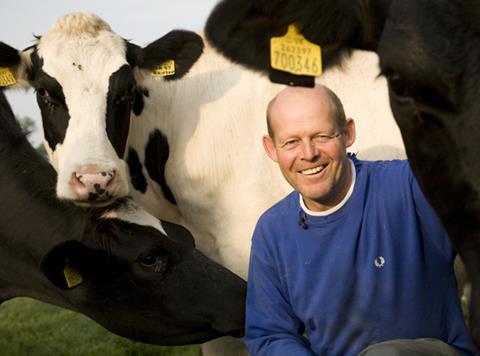
Selfridges’ hopes of offering raw milk to consumers suffered a major setback this week after the FSA supported a continued ban on raw milk sales through vending machines on third-party premises.
The Food Standards Agency launched a legal action against Selfridges and Hook & Son – the UK’s leading raw milk producer – last year after Steve Hook installed a raw milk vending machine in Selfridges’ food hall.
The prosecutions were dropped pending a public consultation on rules governing the sale of raw milk.
Launching the long-awaited consultation on Thursday (30 January), the FSA said its “preferred” option was to retain existing sales restrictions and clarify the rules.
Farmers would in future be able to sell raw milk directly to consumers via the internet and vending machines at farms and farm shops, but wider retail sales would be prohibited, the FSA said.
Raw milk regulations are currently ambiguous, and producers argue they allow the sale of raw milk in vending machines on third-party premises.
“Of all the ways we sell raw milk, I believe internet sales are the most controlled way we sell it”
Steve Hook
The FSA’s preferred option sought to “strike the right balance between allowing consumer choice and protecting public health”, said Steve Wearne, head of policy at the FSA.
The FSA believed pasteurisation was the best way to address the risk posed by raw milk, but it acknowledged there was a market for raw milk and that there was strong support for consumers to be able to make informed choices, he added.
Ahead of the consultation’s launch, Selfridges said it was a “bit early” to consider whether it would offer raw milk again in future until it knew the outcome of the consultation.
“We hope the consultation process goes well, and we wish Hook & Son all the best,” a spokeswoman said.
Hook told The Grocer he intended to respond to the consultation and maintained his view that the sale of raw milk over the internet and through vending machines was safe. “Of all the ways we sell raw milk, I believe internet sales are the most controlled way we sell it,” he said. Recent evidence suggested that raw milk was safer than previously thought, he added.
Hook estimates his company accounts for up to 90% of raw milk internet sales in the UK, selling around 4,000 pints a week.
The other consultation options are: doing nothing allowing sales of raw drinking milk from all outlets and requiring all milk to be pasteurised prior to sale.
The consultation covers England, Wales and Northern Ireland only. The sale of raw drinking milk is banned in Scotland, and the Scottish policy is not under review.
The consultation will run until 30 April 2014 and the FSA will hold a public meeting where interested parties will be invited to discuss their views. The FSA board will then make a final decision on the options.







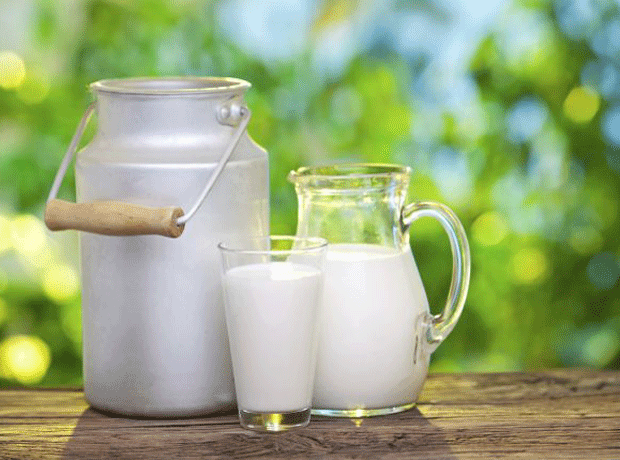
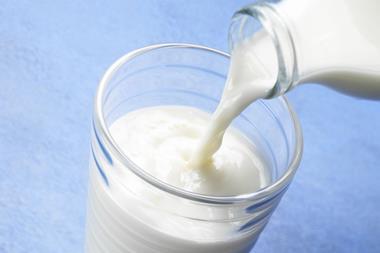
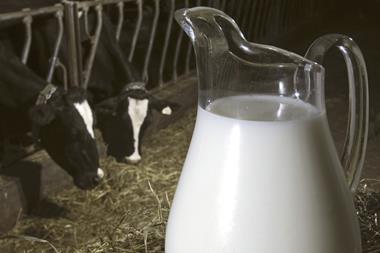

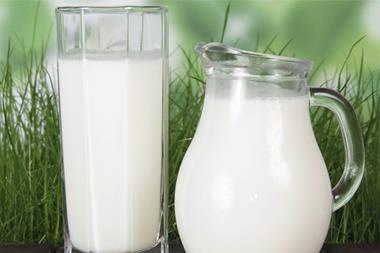
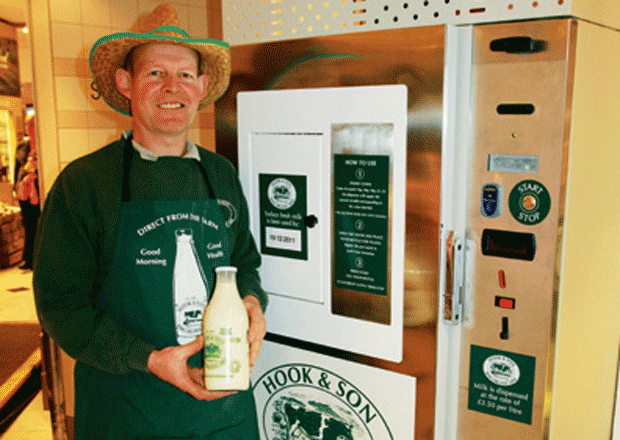






No comments yet